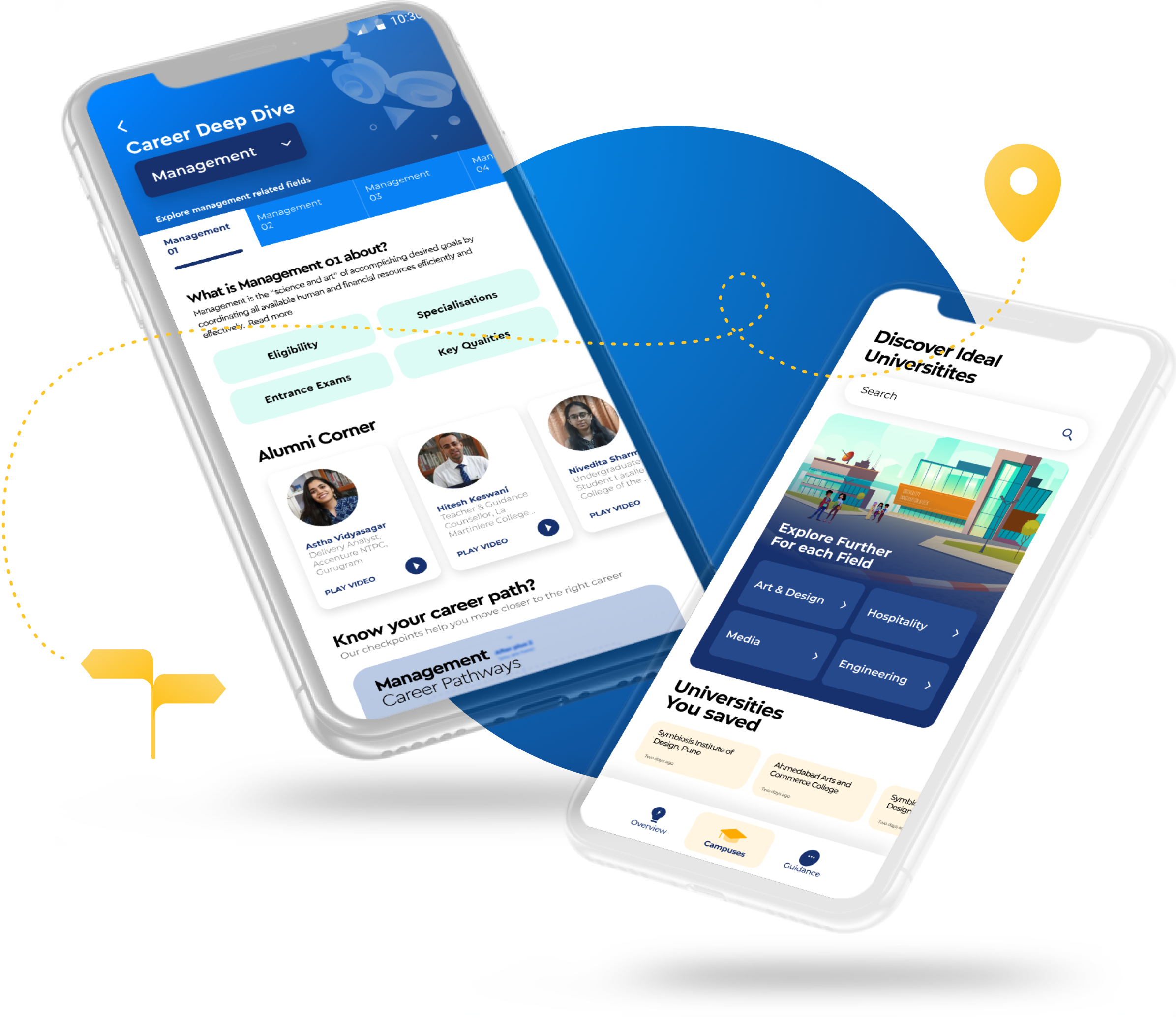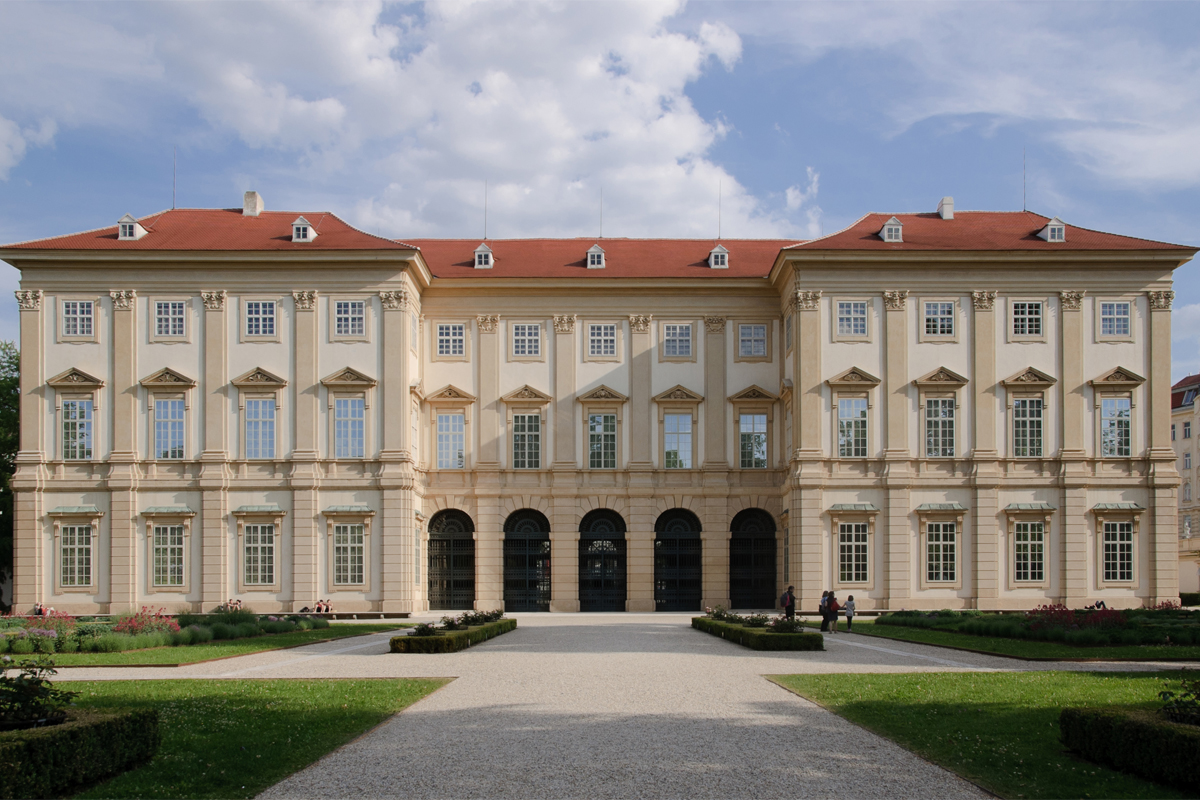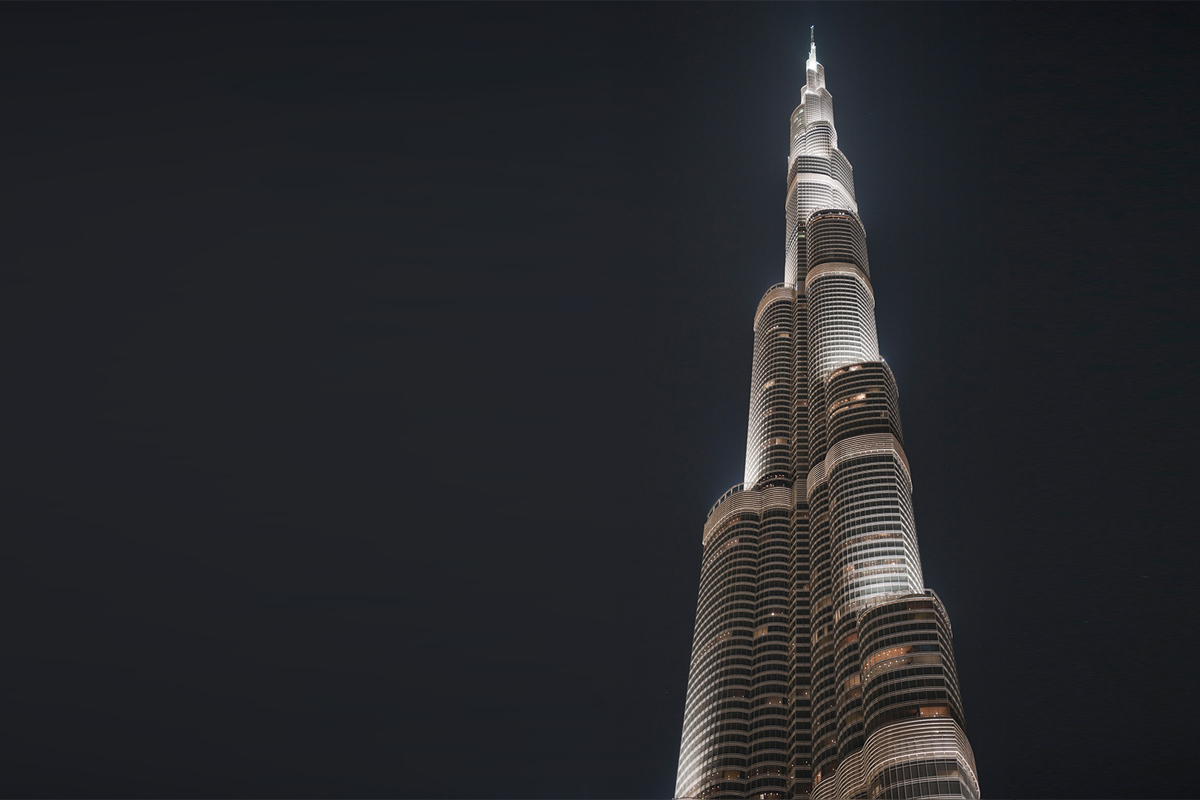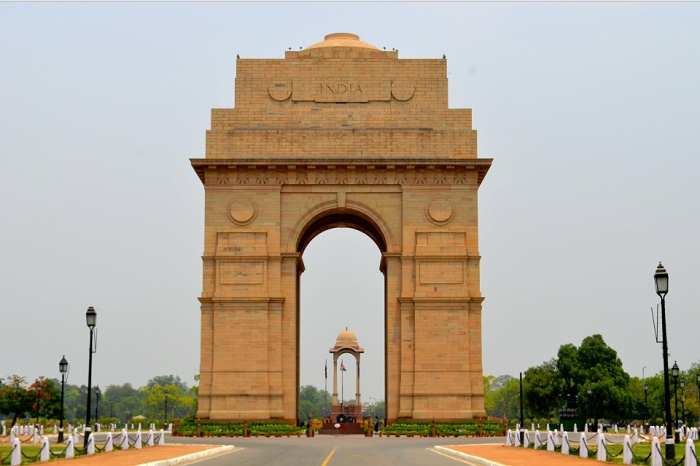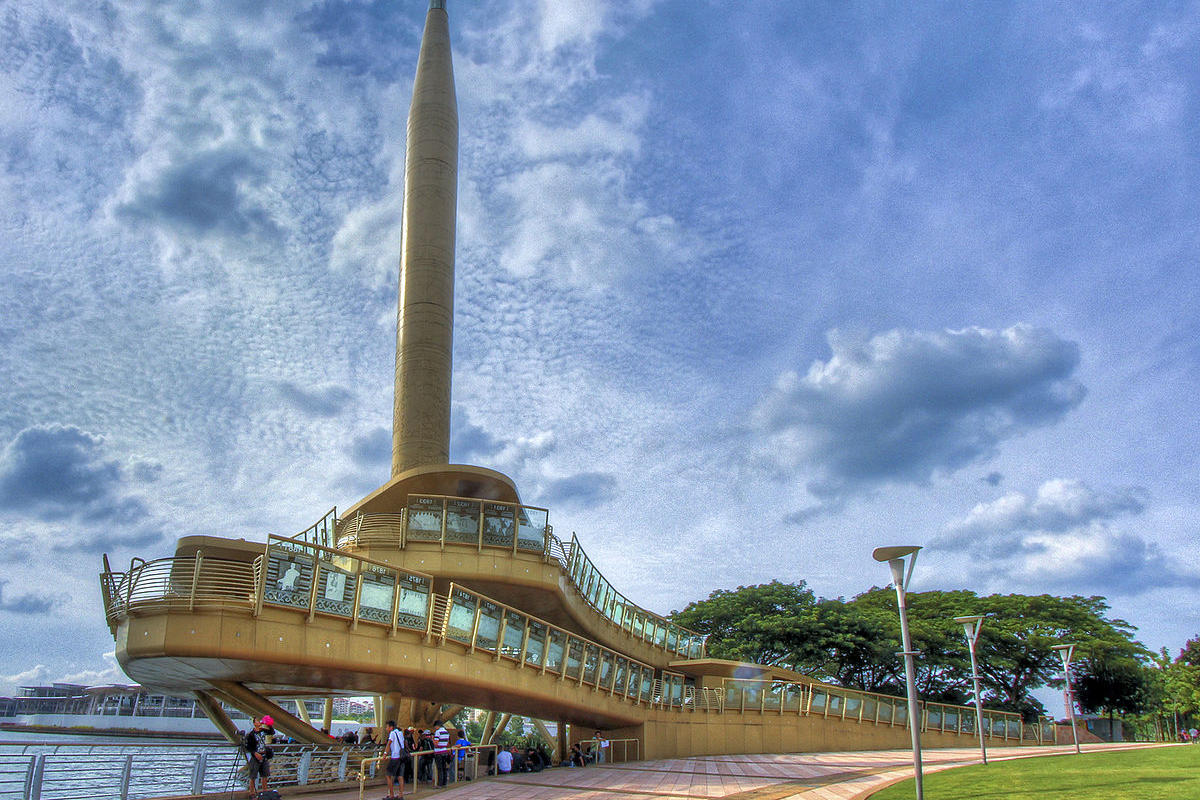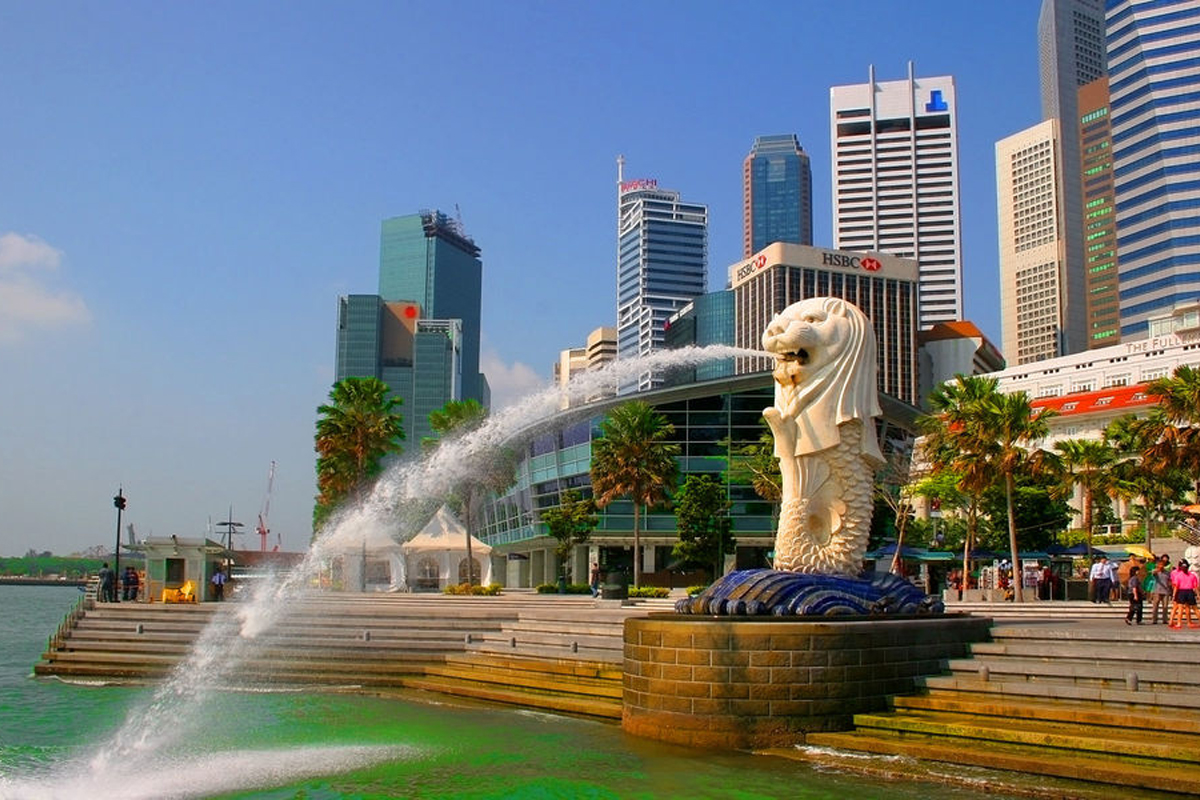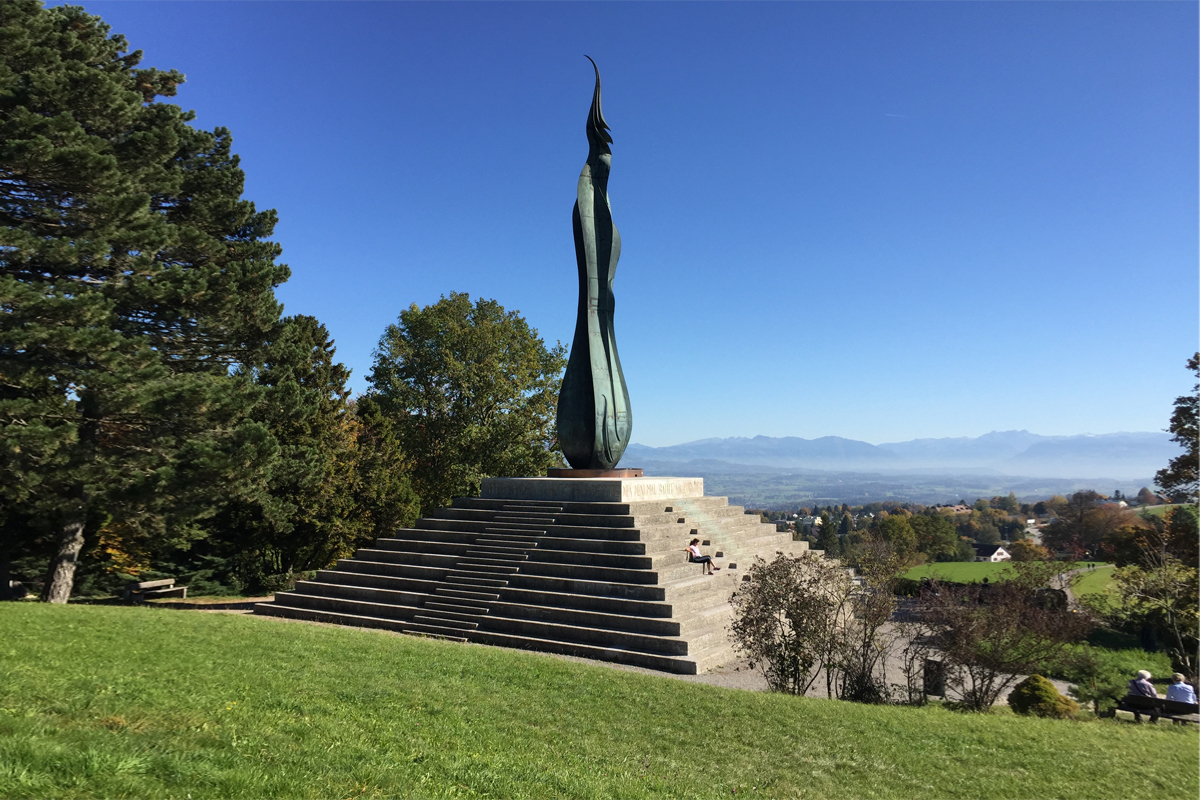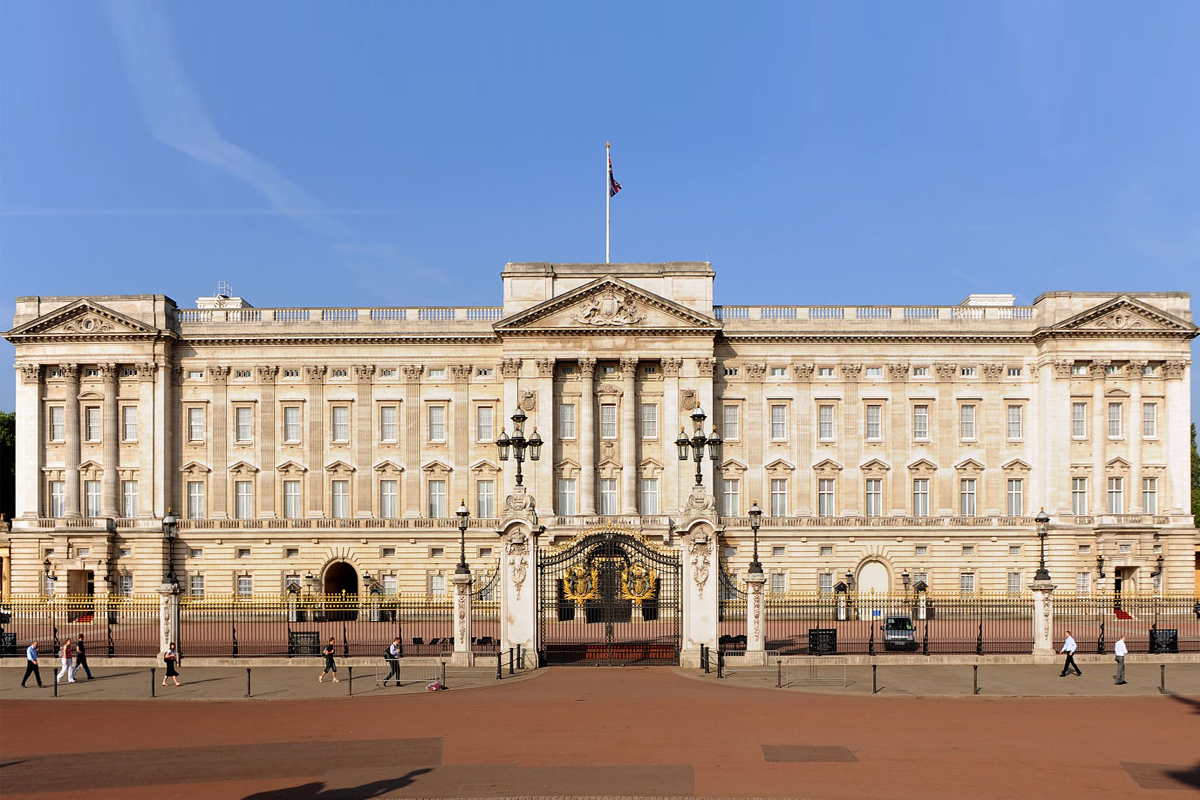Do you ever wonder how people in the ancient and medieval ages lived? Was History your favourite subject in school? Does everything old fascinate you? If so, you could consider taking up archaeology and making some exciting discoveries. Here are some recent ones made by archaeologists.
In 2001, the remains of an ancient city were discovered on the seabed of the Gulf of Cambay (also known as the Gulf of Khambat), along a nine kilometer stretch off the coast of Gujarat province. The structures of the city were said to resemble those of major cities of theIndus Valley Civilisation, with regular geometric patterns representing a granary, a great bath and a citadel.
Recently a 1.8-million-year-old Homo erectus skull was found at Tblisi, Georgia. Hierakonpolis is one of the world’s oldest freestanding mud-brick monumental structure, found in Egypt.In 2001, the remains of an ancient city were discovered on the seabed of the Gulf of Cambay (also known as the Gulf of Khambat), along a nine kilometer stretch off the coast of Gujarat province. The structures of the city were said to resemble those of major cities of theIndus Valley Civilisation, with regular geometric patterns representing a granary, a great bath and a citadel.
